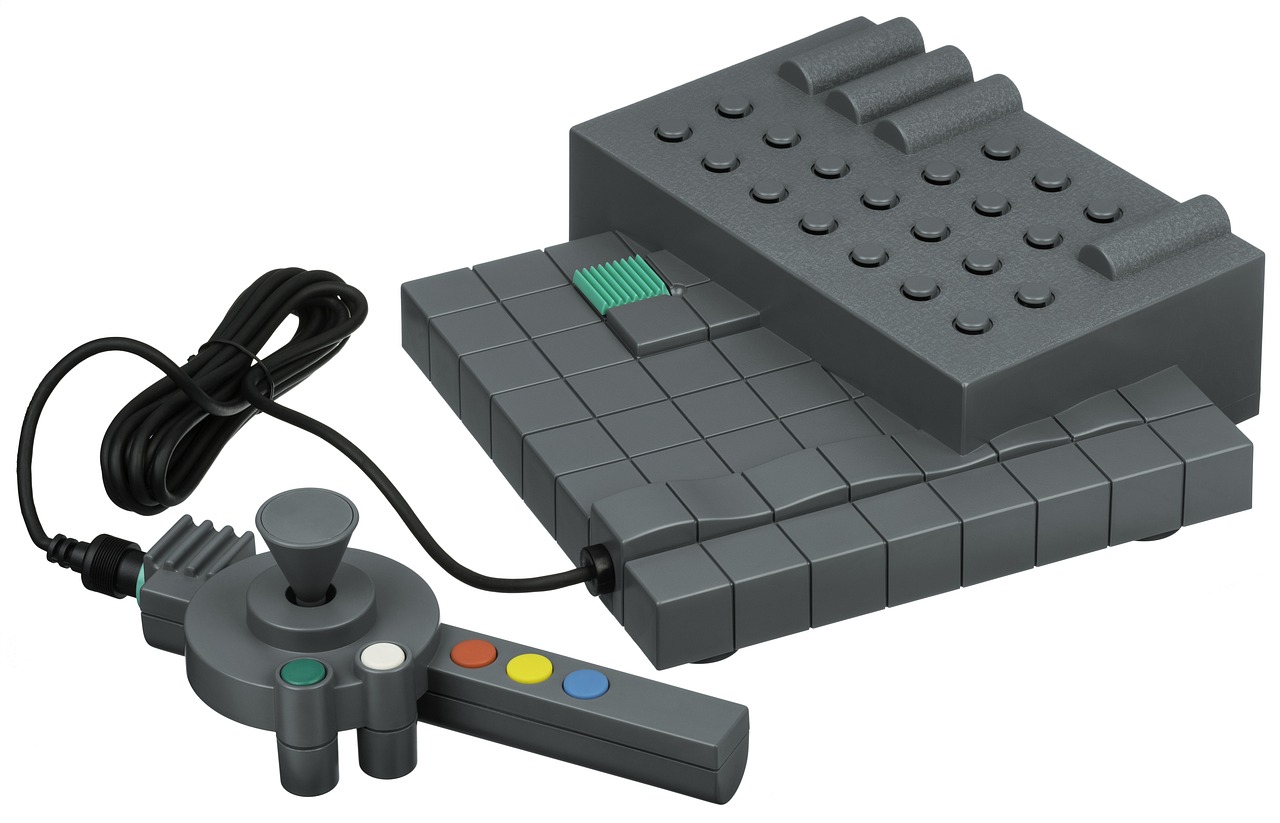PLC as a Master Controller in Modern Automation Systems
In modern automation systems, PLC (Programmable Logic Controller) acts as a master controller, coordinating the operations of various devices and systems. PLCs are designed to monitor and control processes, respond to inputs from sensors and other devices, and generate outputs to control actuators and other devices. By using software-based logic, PLCs can be programmed to perform a variety of tasks, including complex control algorithms. The master controller role of PLCs allows for efficient operation of large systems, with a single PLC coordinating the activities of multiple devices, providing a high level of control and monitoring. PLCs also offer high reliability, scalability, and flexibility, making them ideal for modern automation systems.
In modern automation systems, the main controller is the heart of the operation. It manages and directs the entire system, from the sensors that monitor conditions to the actuators that perform tasks. One of the most important functions of the main controller is to receive input from sensors, process that information, and send output to actuators to control the system. This is a complex task that requires high-performance computing and precision control.

Programmable Logic Controllers (PLC) have become common in modern automation systems due to their versatility and reliability. PLCs are designed to handle complex tasks, including logic processing, sequencing, timing, and arithmetic operations. Their software can be programmed to perform a wide range of functions, including data processing, control loops, and motion control. This allows them to operate in a wide range of industrial applications, including manufacturing, processing, and packaging.
In modern automation systems, PLCs are often used as the master controller. This means that they have the ability to receive input from multiple sensors, process that information, and send output to multiple actuators simultaneously. This allows them to coordinate and control the entire system, ensuring that all parts are operating properly and efficiently.
The advantages of using PLCs as master controllers in modern automation systems are numerous. First, they provide high-performance computing capabilities that can handle complex tasks efficiently. Second, they have precision control capabilities that can ensure accurate and reliable operation. Third, they are designed to be versatile and can be easily programmed to meet changing needs. Fourth, they provide a standardized platform for developing and deploying software, which can reduce development time and cost.

In conclusion, PLCs have become a crucial component of modern automation systems due to their versatility and reliability. Their ability to receive input from multiple sensors, process that information, and send output to multiple actuators simultaneously makes them an ideal choice for master controllers in these systems. By providing high-performance computing capabilities, precision control capabilities, versatility, and standardization, PLCs will continue to play a significant role in modern automation systems for years to come.
Articles related to the knowledge points of this article:
Hubei Huichuan PLC Controller: Key to Industrial Automation
PLC Controllers in Hubei Tunnels: A Critical Review